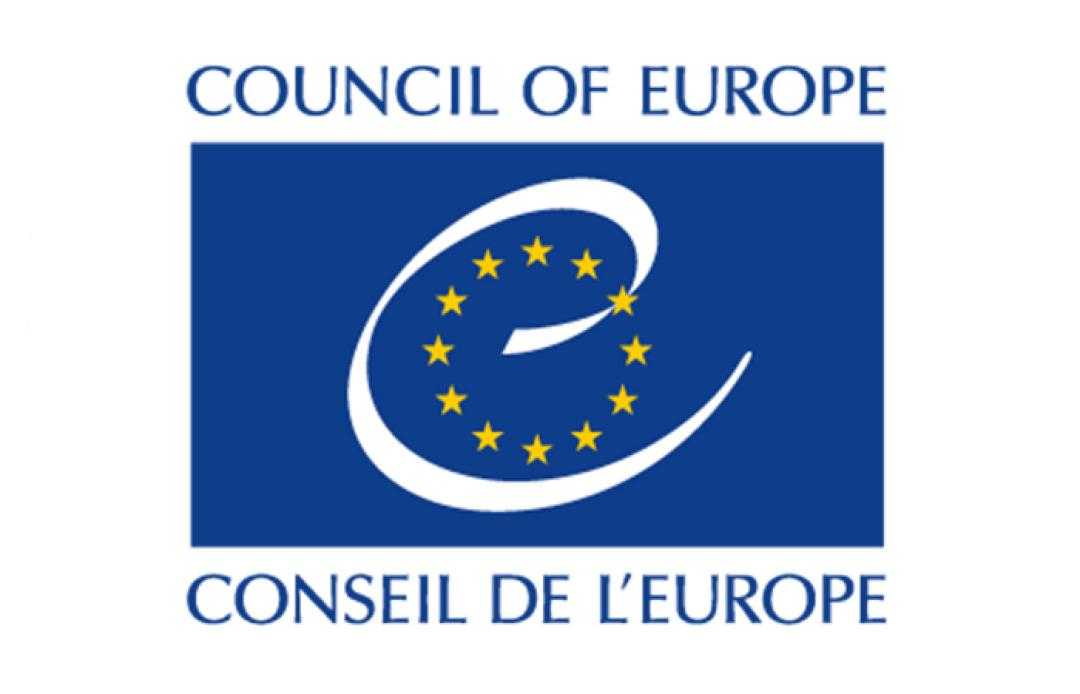
Council of Europe Presents Consolidated Report on Georgia

According to the Council on Europe's Secretary General's 27th Consolidated Report on the Conflict in Georgia, released on April 19, there are grave concerns about the human rights situation in the regions impacted by the 2008 military conflict between the Russian Federation and Georgia.
The study highlighted Georgia's ongoing programs and attempts to foster dialogue and reconciliation, as well as its efforts to give people of Georgia's occupied territories unfettered access to healthcare and other social amenities. The efforts being made to meet the needs of internally displaced people are also mentioned in the report. According to the report, the CoE Delegation was told of the persistence of unlawful so-called "borderization" operations over the period under consideration, including the enlargement of fences, the setup of additional security measures, and heightened supervision around "crossing points". According to the report, the CoE delegation was informed that the development of the "State Strategy for De-Occupation and Peaceful Conflict Resolution" and the strategic review of the 2010 Engagement Strategy and its Action Plan were ongoing, "with the deadlines postponed in light of the volatile security situation in the wider region, stemming from the aggression of the Russian Federation against Ukraine."
Security monitors advised the delegation that despite the absence of any new incursions in the Chorchana-Tsnelisi region of the ABL throughout the review period, the situation continued to be unsettled and tense. It was emphasized that the presence of military equipment on the property posed a major threat to stability. Three IPRM meetings took place in Ergneti throughout the reporting period. The co-facilitators noted the release of two inmates in the 111th IPRM of March 2023. They encouraged a humane approach to the resolution of ongoing detention situations. The Georgian government notified the delegation of illegal "borderization" incidents at various places throughout the assessment period. Installation and reinforcement of observation posts, new fences, and so-called "border signs" were all part of this work.
The humanitarian situation in the area, notably in the Akhalgori district, where the team was briefed by the Georgian government and the international community about exceedingly terrible socio-economic conditions, showed no improvement. Negative effects from the prolonged closure of "crossing points" were reportedly hindering people's access to pensions and other social benefits to which they are legally entitled and continuing to restrict the entry of commodities and food products. Regarding the voluntary, secure, dignified, and unimpeded return of internally displaced people (IDPs) and refugees by universally acknowledged criteria, no progress could be recorded during the time under review. The delegation was informed that the Georgian government continued to provide IDPs sustainable alternatives in the absence of circumstances for their return and that, as of this writing, more than 290 000 people, making up more than 91 000 IDP families, have been awarded IDP status.
According to the report, the Gali Incident Prevention and Response Mechanism (IPRM) is still halted. During the period under consideration, there were no IPRM meetings. International players and the Georgian government have emphasized how crucial it is to resume them. The hotline supported by EUMM is still in operation. According to the report, the delegation was informed that unlawful so-called "borderization" actions, including the expansion of walls, the installation of new surveillance technology, and heightened monitoring near "crossing points," persisted throughout the period under consideration. According to the report, Georgian authorities informed the delegation that the "agreement" on the resolution of disputes regarding "dual citizenship" with the Russian Federation, which would make it easier to obtain Russian citizenship without renunciation of a so-called Abkhaz "passport," had been "ratified" in Abkhazia, Georgia, on December 29, 2022.
See Also


Simonyan: “Armenia Should Trade with Turkey and Azerbaijan Instead of Closing Borders”

Mirzoyan Meets US Deputy Assistant Secretary Joshua Huck

Azerbaijani President Holds Talks with UAE and German Business Delegations on Economic Cooperation

Grigoryan Confirms Armenia’s Readiness to Dissolve OSCE Minsk Group Upon Peace Treaty Signing

